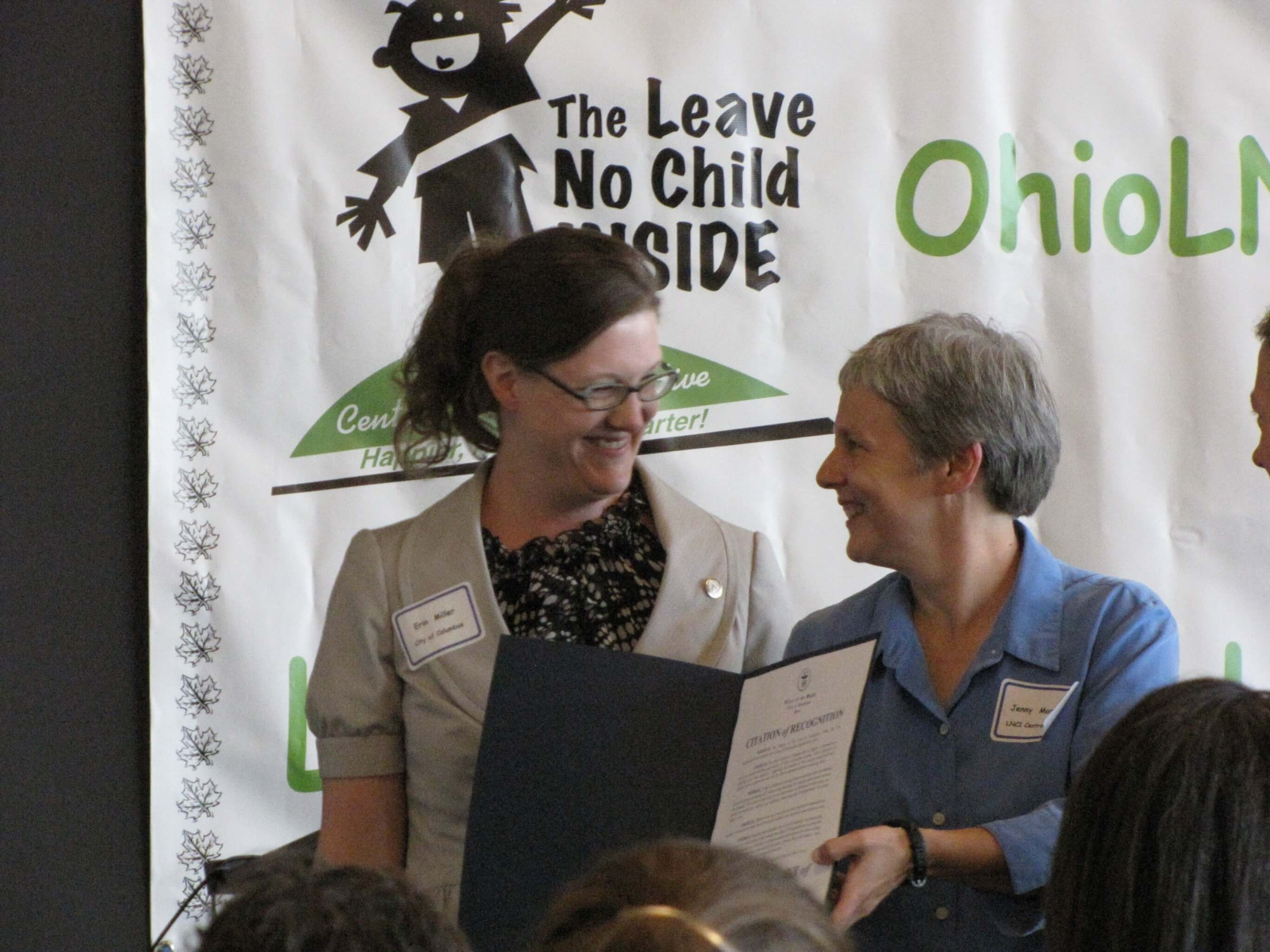Welcome New Member, US Forest Service Ecologist!
October 5, 2012Welcome New Member Marci Bird!
October 8, 2012By Mark Young
No Child Left Inside Act
- Expands environmental education in public schools
- Environmental literacy plan must be approved by the Department of Education to be eligible for NCLI grants
- Grants awarded to schools and state and local parks and recreation and environmental organizations
- Grants for teacher training and creative programs with partnerships between schools, parks agencies and environmental organizations
- NCLI encourages field-based environmental education in the outdoors to complement classroom instruction
- The NCLI Act will be reintroduced in both the House and Senate in 2013; bills will need co-sponsors
Healthy Kids Outdoors Act
- Provides matching grants to state and local governments to develop a five year strategy to connect children and families with nature and the outdoors
- Rewards collaborations among both government and non government environmental, transportation, health and education sectors to design communities that facilitate healthy outdoor activity
- Encourages programs that create outdoor learning environments and recreation opportunities
- The Healthy Kids Outdoors Act will be reintroduced in both House and Senate in 2013; bills will need co-sponsors
Healthy Choices for Healthy Children Act of 2010 (Ohio)
- The legislation focuses on the childhood obesity in Ohio by establishing higher standards and accountability for the nutritional value of foods offered in public schools and healthier beverage options
- The bill raises the bar for physical education programs
- Body Mass Index measurement is optional
- A 30 minute physical activity requirement was removed from the original bill and replaced with an provision that would allow schools to opt-in to a physical activity pilot program
- The bill has been implemented, but consideration should be given to amend the bill to incentivize physical activity and the time students spend outdoors during the school day
Community Parks Revitalization Act
- Introduced in the Senate this September as a companion to the House’s Urban Revitalization and Livable Communities Act
- Legislation focuses on rehabilitating parks and community recreation facilities and providing at-risk youth programs in distressed urban centers
- These two bills would provide matching grants to urban county and city governments; the only federal grant program that directly assists urban parks and recreation
- The Community Parks Revitalization Act and the Urban Revitalization and Community Livability Act will be reintroduced in 2013; U.S. Rep. Mike Turner (R-Dayton) is co-chair of the House Urban Parks Caucus and a an advocate for parks and recreation; bills will need co-sponsors
Recreational Trails Program and Safe Routes to School
- The Surface Transportation Reauthorization Act (MAP-21) was passed in Congress this August
- Bicycling and walking programs were consolidated and sent to the states to decide whether to fund infrastructure projects
- The U.S. Dept. of Transportation gave governors an option to opt-out of the $85 million Recreational Trails Program in favor of highway projects
- Ohio Governor Kasich did not opt-out and Ohio will have $1.6 million for matching grants to assist trail projects in 2013
- The Safe Routes to School program’s future is not as clear as the Surface Transportation Reauthorization (MAP-21) legislation is being evaluated
- Both of these programs are designed to provide safe, healthy outdoor activity; Governor Kasich and the Ohio Department of Transportation must be urged to continue support for bicycling and walking in Ohio
Land and Water Conservation Fund (LWCF)
- LWCF State Assistance is a program that provides matching grants to states and local governments to plan and develop parks and trails that provide close-to-home outdoor recreation opportunities
- LWCF has been instrumental in the development of parks in all 88 Ohio counties and in almost every metropolitan park district
- LWCF is the only federal grant program that directly assists local parks and outdoor recreation projects
- LWCF has bipartisan support in Congress, but there are mounting threats to eliminate grant funding to states and local parks and recreation agencies
- Advocacy is essential to continue the LWCF program; accessible parks are essential in reconnecting children with nature

